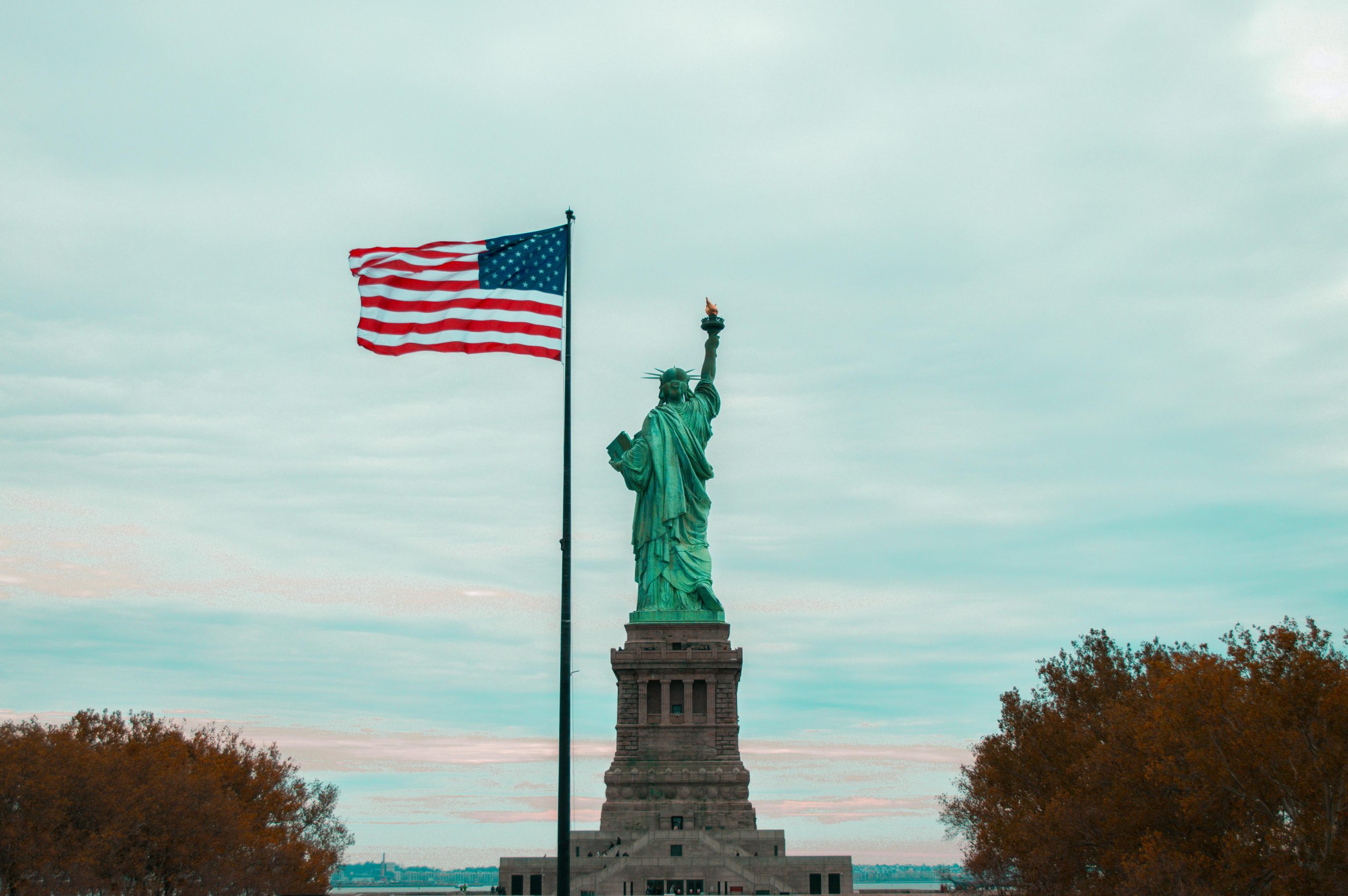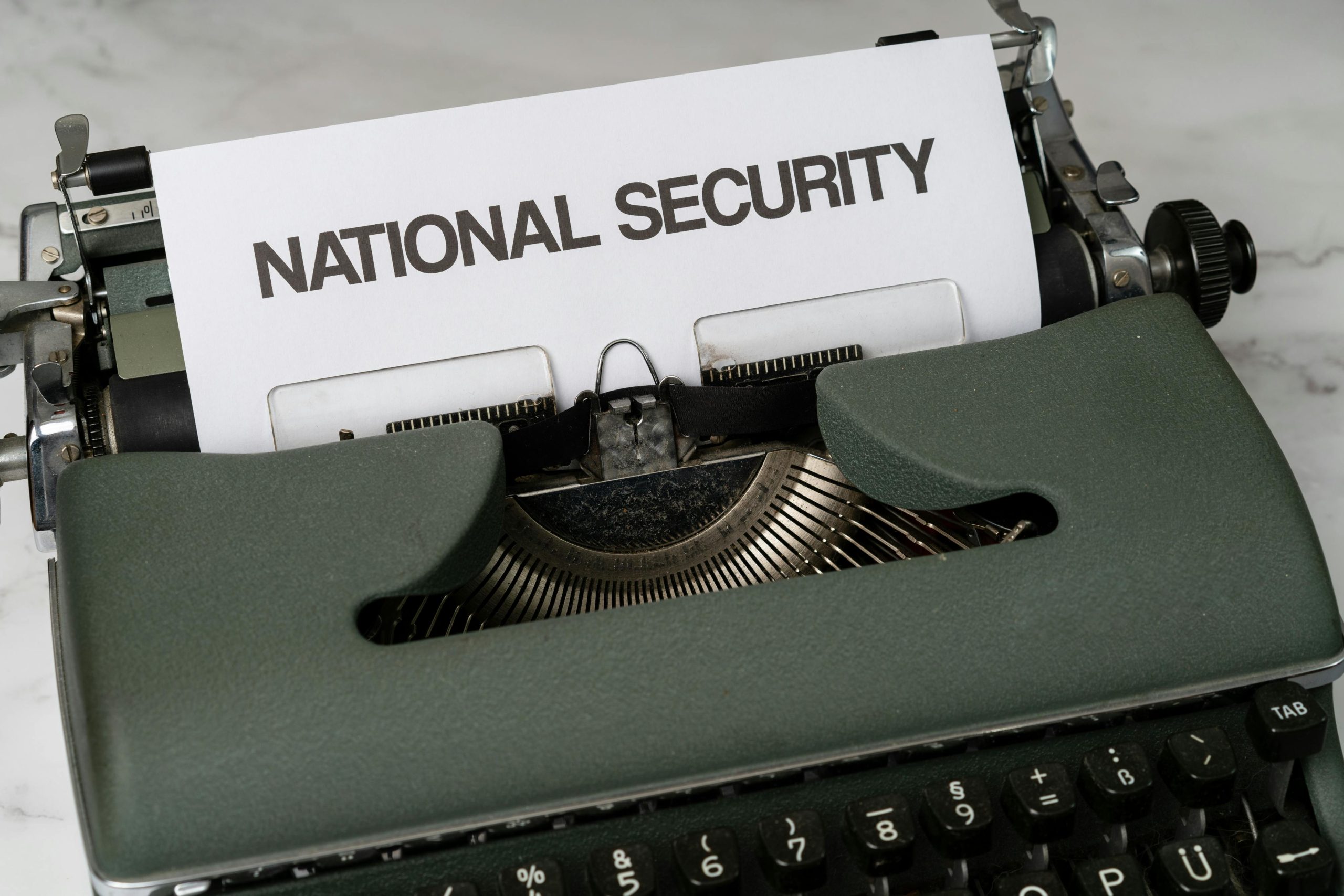The Potential for U.S. Involvement in Iran: Are We Heading Towards Another False Flag?
As tensions rise in the Middle East, the specter of U.S. military involvement in Iran looms closer. While Israel’s armed forces—comprising its army, navy, and air force—have demonstrated their capability through targeted operations, they appear insufficient alone to destabilize the regime in Tehran. In this scenario, Washington’s assistance may become indispensable.
However, it’s crucial to note that public sentiment in the United States largely trends against intervention. Recent surveys suggest that approximately 75% of Americans hold an unfavorable view of military action in Iran. Apart from a dedicated faction of neoconservative advocates and a segment of older Christian Zionists, there seems to be a prevailing reluctance among the public to endorse another military campaign that could cost American lives. Many are wary of repeating the mistakes of past conflicts, particularly the Iraq War of 2003, with younger generations overwhelmingly opposing further military entanglements.
To sway public opinion in favor of intervention, one might anticipate the orchestration of a false flag operation—echoing historical precedents such as the Gulf of Tonkin incident, the September 11 attacks, and the fabrication of Iraqi weapons of mass destruction. The current global context, however, dictates that any such event must be nuanced and less overt than those of the past.
Possibilities for this include an attack on a U.S. naval vessel, the sudden appearance of an Iranian nuclear threat, a terrorist incident within American borders, the assassination of a political figure, or a cyber assault. While the specifics remain uncertain, it is prudent to view any sudden, violent event in the near future through a critical lens, suspecting it might serve as a catalyst for war.
It’s important to recognize that discussions of these theories can often become echo chambers, where shared skepticism runs rampant amongst like-minded individuals. However, the broader American populace remains susceptible to media narratives shaped by established interests. Many viewers, especially those patronizing traditional news channels or engaging with curated social media feeds, may be more easily swayed by sensationalized reporting. A singular, shocking event could rapidly shift public opinion, as the narrative is directed by those in power.
To ensure our voices are heard and that we don’t find ourselves embroiled in a conflict that doesn’t serve our interests, it is vital to engage our friends and family in this conversation. We must remain vigilant and refuse to become unwitting participants in a conflict that



